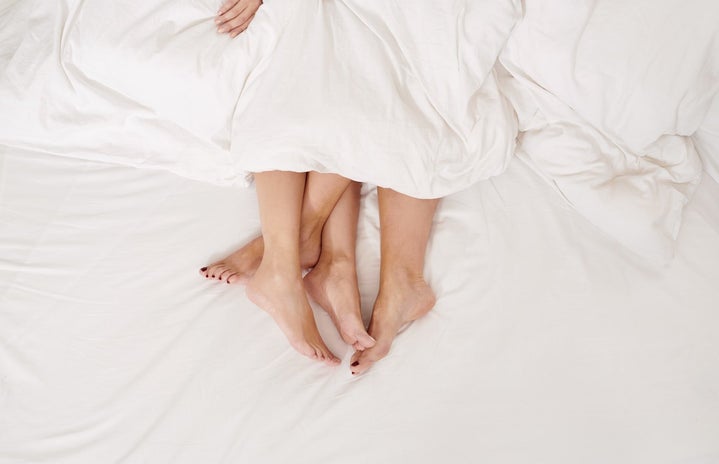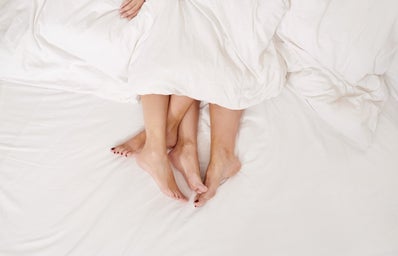Certain names were changed for privacy concerns
With the rise of social media and the rise of dating apps like Tinder and Bumble, it only makes sense that more college students are hooking up than ever before. According to the APA, recent data suggests somewhere between 60 and 80 percent of North American college students have participated in uncommitted sexual activity, due in part to the sexual revolution of past decades making casual sex more and more socially acceptable. Amongst North American high school students, numbers are higher than ever: some 63 percent of sexually active ninth through eleventh graders reported taking part in sex outside of committed relationships.
Although participating in casual sex is generally socially acceptable (at least, more than it probably was 50 years ago), the act challenges the values our society holds on intimacy and relationships. After engaging in casual sex, study participants have reported feeling a myriad of different, negative emotions the morning after, from regret to confusion to discomfort. Chances are you’ve probably been able to characterize your post-hookup emotions in a similar way—especially women, who disproportionately have feelings of regret and being used compared to men (in the context of heterosexual sex).
The impact of hooking up on depressive feelings is pointed, as well. Interestingly, according to a scientific study, people with mental health issues tend to report less depressive feelings or feelings of loneliness after engaging in casual sex, while people without those feelings before engaging in casual sex see the opposite effect. This is not the case for everyone, of course.

“I had a lot of casual sex in a manic episode, once,” said VCU student Mary, who is diagnosed with clinical depression and a mood disorder. “I did feel a lot of regret afterward. Not necessarily because of the action; I don’t think there’s anything shameful about it. But because connecting with someone in that way is a heavy emotional burden. I think it made me crash harder into a depressive episode later on.”
On the less scientific and more spiritual side of things, some will claim that having sex is an intense exchange of energy with partners and that mixing that energy with the wrong person will bring on these negative feelings aforementioned. Further, on the physical side, casual sex can cause the exchange of disease. In any case, precautions can be taken to prevent negative reactions from non-committed sex.
Sex means something different for everyone, too. In Mary’s case, for example, she viewed her regular hookups with a different level of commitment than her partners, which is what primarily caused her negative emotions after the fact. I’ve seen similar situations in my personal experience, which I can attest is what caused most of my regret and embarrassment looking back. In general, though, it seems as though the randomness and spontaneity of casual sex are what cause negative feelings in people across the board.


